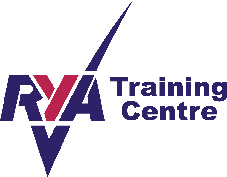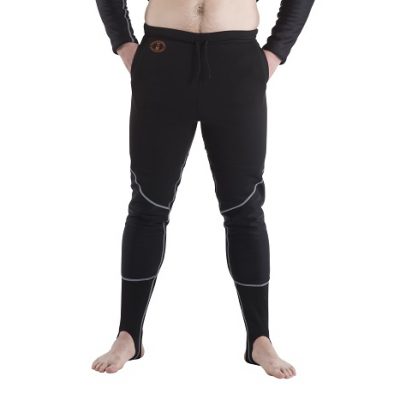Jake writes about his first experience with technical diving at the National Diving and Activity Centre, Chepstow.
This course serves as an entrance to the world of technical diving. The jump from recreational diving is huge and as a result, three days are required to develop the skills and the change of attitude required to conduct safe diving practices. The process started with studying the manual, which everyone really looks forward to at the start of every course.
Friday
The first day of the course involved no diving (fortunately as I had forgot my drysuit), the purpose of the day was to understand the information learnt prior to the course and to discuss kit setup. We all discussed our own gear, and allowed everyone to view the different ways the twinsets had been set up and regulators routed. Allowing people to comment how it could be done more efficiently or what problems it could present in different scenarios. The most important lesson learnt was that for kit configuration there isn’t a set way that is correct, everyone’s kit was slightly different as it suited what they found most comfortable.
Saturday
By this point we were all eager to see how the modifications would affect us in-water. We had two dives to do, and a lot of skills to practice. Mike and Carl wanted us to build up muscle memory so that in an emergency, the skills would be fluid and done with precision. This involved sitting on the platforms at Chepstow practicing shut down drills, swapping between regulators, finning techniques and many more. The introduction of a stage cylinder altered the way we all dived and the use of an extra regulator took a while to get used to.
Sunday
The final day, all our dive planning had led to this day. We only had to do one deeper dive, so we took the day slow and kept emphasis on keeping calm and relaxed throughout. The dive planned was to 43m, with a bottom time of 15 minutes and a total dive time of 38 minutes. We were going to simulate decompression for a longer dive time to develop greater experience with ascent rates and stopping at set depths. The dive was a success, with me discovering what narcosis feels like at the amusement of everyone else. That is something that is unfortunately going to be brought up in every conversation.
I believe I can speak on behalf of the other students and thank Mike Rushworth and Carl Yates for a seamless course that tested our understanding and abilities and provided a solid foundation for safe diving practices.







